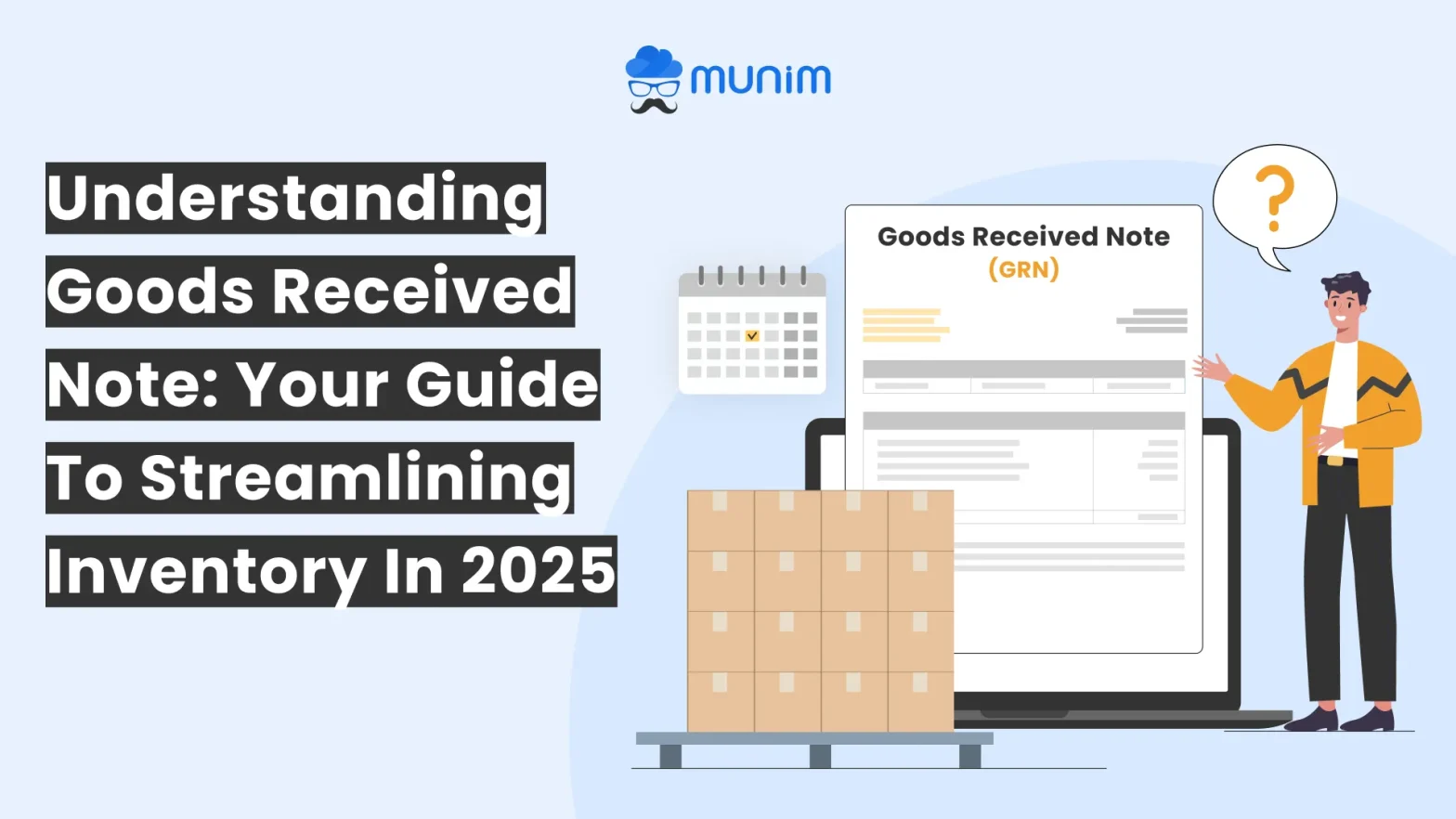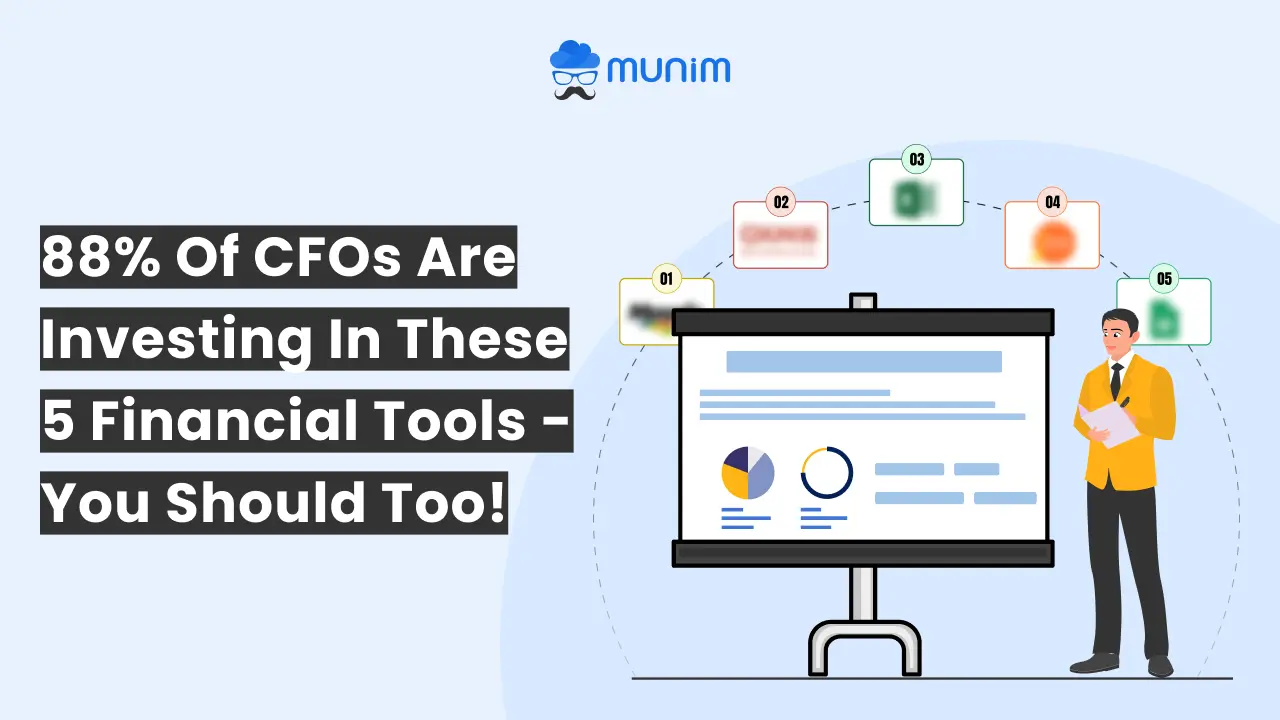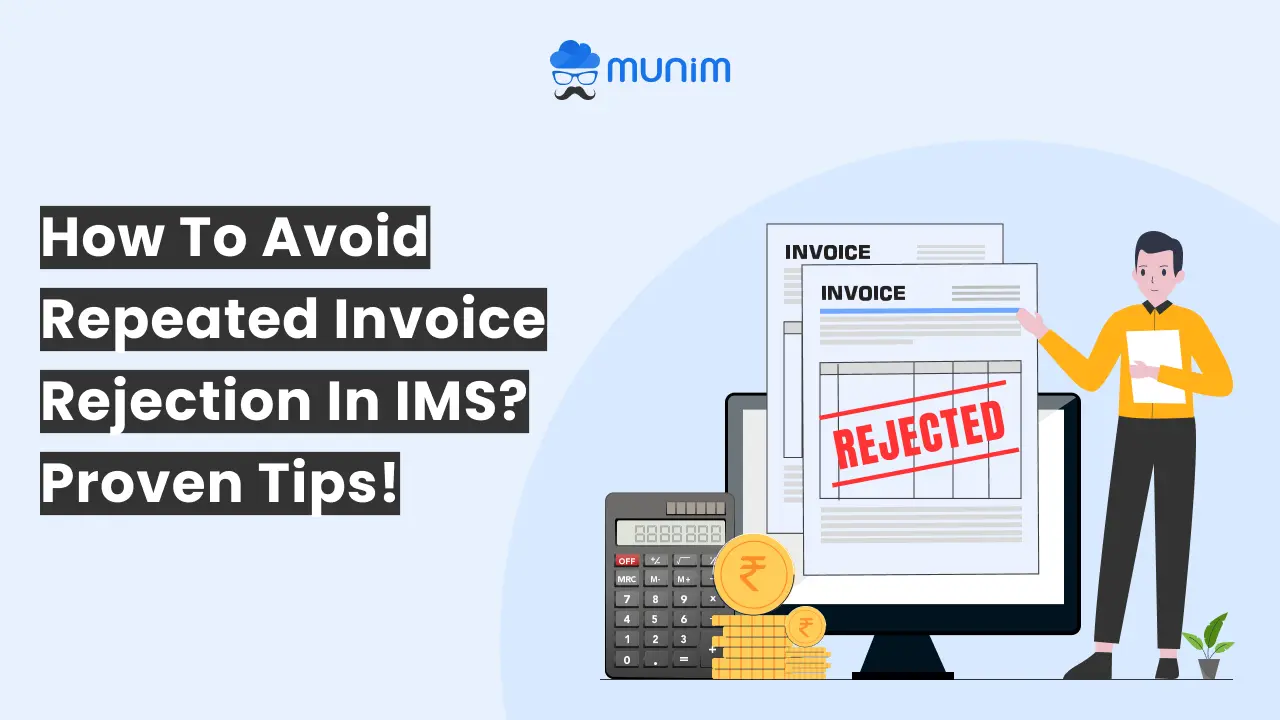Accounting 101: Understanding the Basics & Need of Accounting Software
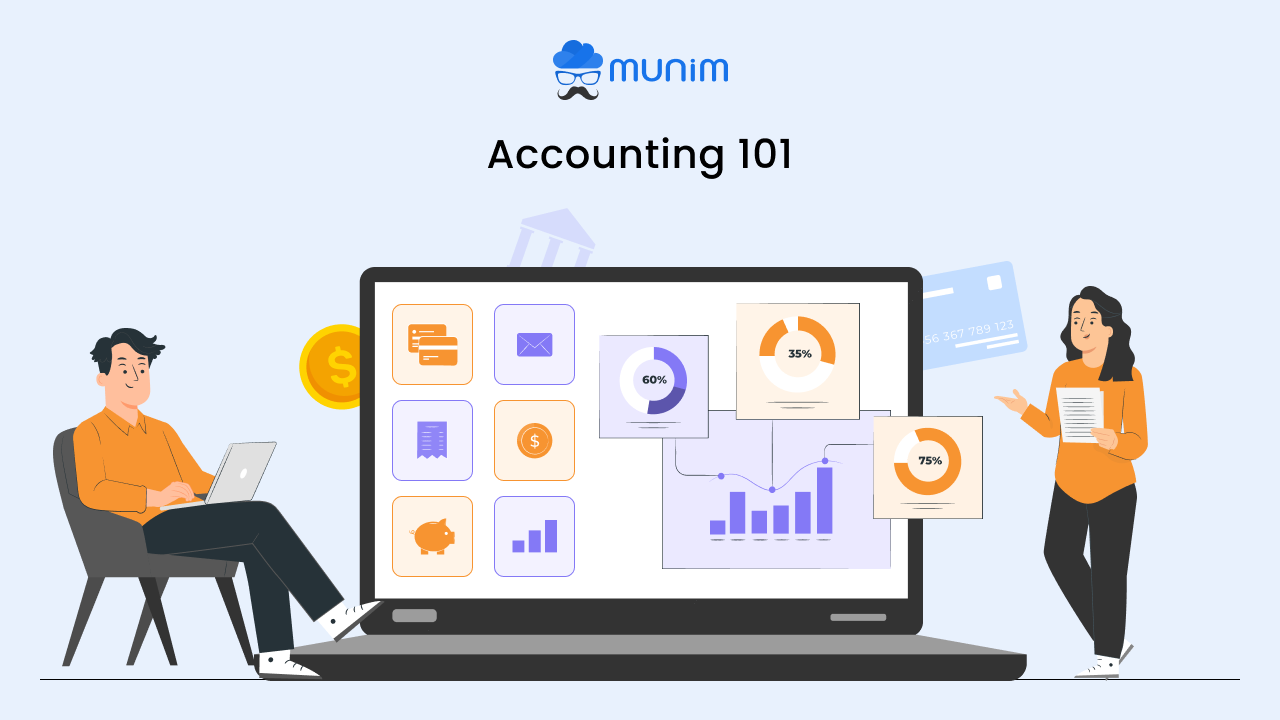
Being a business owner, knowing how to manage your finances is essential for the success of your business. To understand your finances correctly, you should know at least the basics of accounting; that’s the bare minimum. If you are starting a business and do not know how to manage your finances, then you must read this blog and learn the basics of accounting. We will also discuss the need of financial accounting software in streamlining your business finance.
Important Accounting Terminologies with Meaning
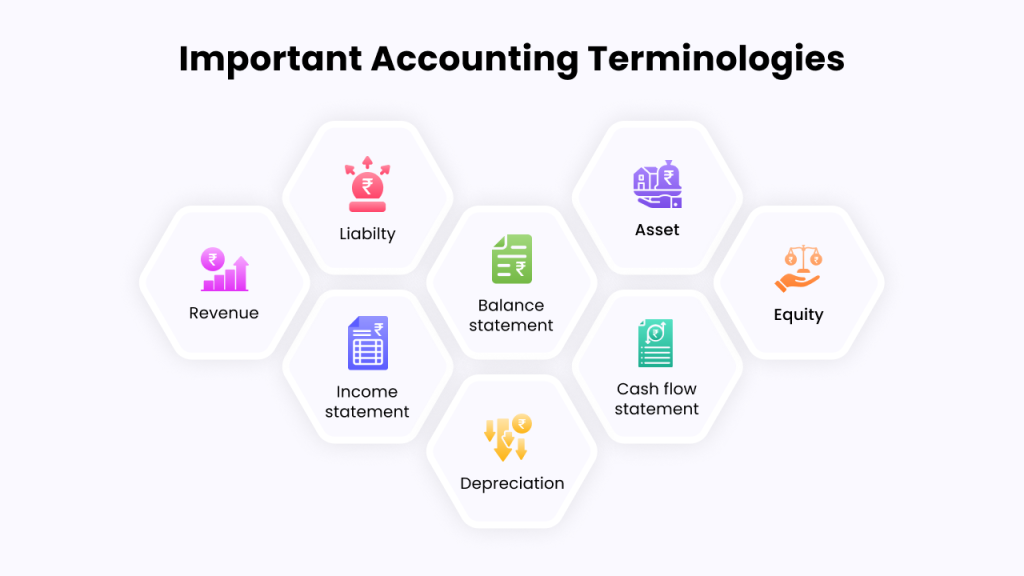
Following is the list of essential accounting terminologies and their meaning that you should know to govern business effectively:
Revenue
Total revenue generated by the sales of goods or services is calculated by multiplying the average selling price and the number of goods sold. On an income statement, revenue is termed sales.
Asset
An asset of a company has some economic value that is held with the intention of generating benefits in the future. Assets are bought to increase the company’s overall value. The following are the three types of assets:
- Current assets
- Fixed assets
- Intangible assets
Liability
Liability is something that a company owes to somebody else, which is settled in exchange for money, goods or services over a period of time. It is recorded on the right side of the balance sheet. Following are examples of liability:
- Loan
- Accounts payable
- Lease
- Interest
- Dividend payable
Equity
Equity, aka shareholder’s Equity, signifies the amount of money that should be paid to a company’s shareholders if all of the assets are liquidated after paying off all of its debt if the company liquidates.
The formula to calculate shareholder’s Equity is:
Shareholders’ Equity = Total Assets−Total Liabilities
Income statement
An income statement is also termed as Profit and loss statement. It furnishes information on a company’s revenues and expenses throughout the given period (e.g a month, a quarter or a year), clearly expressing net income or loss.
Balance sheet
Balance sheet express all the details of a company’s assets and liabilities at a given point in time. By reading this statement, one can know the financial position of a company, and helps investors to make investment related decisions.
Cash flow statement
A cash flow statement records the inflow and outflow of cash, representing a company’s financial health and operational efficiency. In other words, it expresses how efficiently a company is managing its cash. This statement also reveals how a company will pay its debt and fund its operational expenses.
Depreciation
Depreciation is a practice in accounting where the cost of an asset is spread over its working life. There are several methods in practice to derive the value of depreciation, a few of them are listed below:
- Straight line
- Declining balance
- Double declining balance
- Units of production
Reasons to Have Accounting Software in 2024
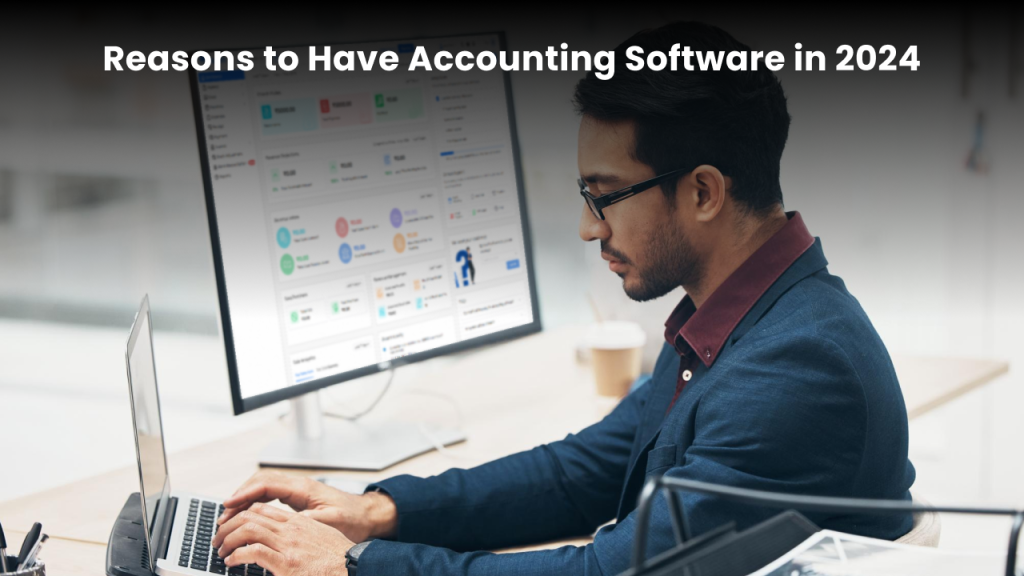
Reason#1 Access to real-time data
In absolute terms data has no value, unless people like you draw valuable insights from it with an intent to make better decisions. Accounting software is built considering the needs of new-age businesses so that the apex team can nudge it in the right direction with data-backed decisions.
Where to use real-time information for business benefit?
- To know the financial position of your company
- To understand the cash flow of your business
- To strategize your sales goal
- To track and reduce unnecessary expenses
Reason#2 Easier Compliance
Most businesses find the business compliance process a nightmare. It consumes your resources and valuable time. Additionally, it is difficult to cope with frequently changing laws. In such a situation, GST accounting software can be your savior. With no more compliance issues, you can file your GST returns and generate e-invoices or e-way bills within seconds.
Benefits of business compliance software:
- Reduced manual work
- Minimum human intervention
- 100% accurate
- Automatic tax calculation
- Easier tax audit
Reason#3 Enhances Productivity
Cloud-based financial accounting software allows you to automate certain accounting tasks, thereby reducing workload. This can be a boon for a large company dealing with a large amount of financial information on a day-to-day basis.
Following are the tasks which you can automate in accounting software:
- Tracking of expense and income
- Sending payment reminders
- Generating financial statements
- Low stock level notification
Reason#4 Improved Collaboration
A business organization works in silos; each department has its own role to play. With great teamwork and clear communication, the desired goal is achieved. Cloud-based accounting software enables communication by setting up a platform for the exchange of data between different departments, thereby allowing your business to operate efficiently.
Reason#5 Highly Accurate
Unlike conventional ways of accounting, digital accounting softwares are highly accurate as calculation is automated. All you have to do is, feed the correct data, the rest will be taken care of by itself. Apart from the accuracy, it also speeds up the whole process of bookkeeping, which is beneficial for a company in the long run.
Summing up
This was all about accounting basics and the role of accounting software in managing business finance. We hope that after reading this blog, you will understand the basic concepts of accounting and the importance of bookkeeping software in managing your business resources.
Now you know enough about accounting, we want you to manage your business with the aid of accounting software. We can assure you that it would be easy for you to keep track of cash flow and other resources with it.
Frequently asked questions on the basics of accounting.
1. What are the objectives of accounting?
Following are some of the objectives of accounting:
- To ascertain the profit/loss in business
- To understand the financial position of a company
- To plan for future expenditure and payments
- To prepare budget
2. What are the different types of accounting?
Following is the list of different types of accounting:
- Tax accounting
- Financial Accounting
- Management Accounting
- Forensic Accounting
- International Accounting
3. How do you choose the best cloud-based accounting software for your business?
The following are must-have features of financial accounting software:
- Invoicing and quotation
- Different charts of accounts
- Multi-currency support
- E-invoice generation
- E-way bill generation
- GST return filing

